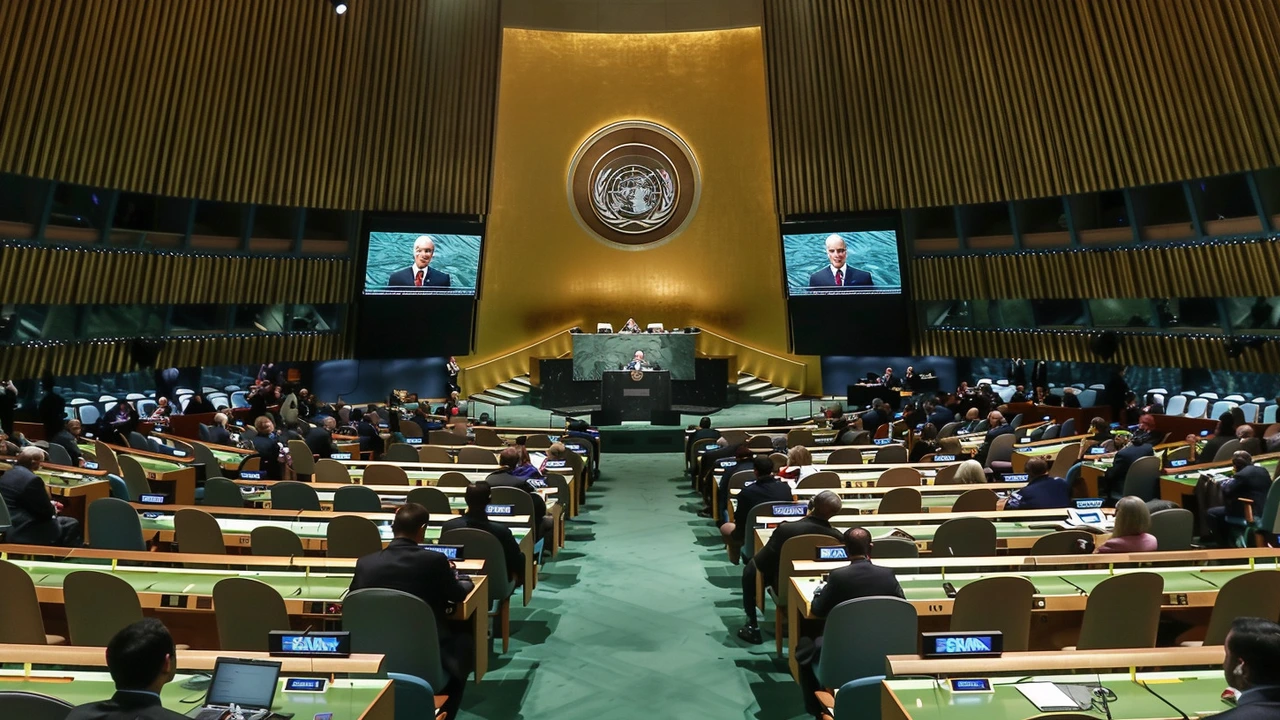Israel-Palestine conflict: key facts and how to follow the news
The Israel-Palestine conflict is one of the world’s longest and most emotional disputes. You don’t need a history degree to get the main points — here’s what matters right now, why it touches Africa, and how to keep up without getting lost in noise.
Key facts to understand
At its core the conflict is about land, rights, and security. The main areas are Israel, the West Bank, and Gaza. Major turning points include the creation of Israel in 1948, the 1967 war that changed borders, and many failed peace attempts since. Control of Jerusalem, the status of refugees, and Israeli settlements in the West Bank are repeated flashpoints that drive violence and politics.
Two main political actors are Israel and Palestinian groups, including the Palestinian Authority in parts of the West Bank and Hamas in Gaza. That split among Palestinians complicates diplomacy and on-the-ground life for civilians. Military operations, rocket fire, air strikes, and blockades have human costs every time tensions spike.
International players shape outcomes: the United States, European countries, Arab states, and regional powers all influence diplomacy and aid. United Nations agencies like UNRWA provide relief but also face political pressure. Understanding these actors helps explain why solutions stall and why humanitarian problems persist.
Why it matters to African readers
Africa is not distant from this conflict. Several African countries have historic ties with Palestinians and Israelis, and shifts in Middle East politics affect trade, diplomacy, and migration. African governments sometimes vote in international forums on resolutions related to the conflict. Diaspora communities and religious links also mean local reactions can be strong.
Humanitarian fallout reaches beyond the immediate region. When violence grows, aid funding, refugee support, and global supply routes can be affected. African media and civil society often report on the human side — families, hospitals, and relief efforts — making the conflict relevant to readers across the continent.
Want clear, accurate updates? Here’s how to follow responsibly.
How to follow the news responsibly
Pick a few reliable sources and stick with them for context. Balanced outlets, major wire services, and specialist Middle East reporters give steady coverage. Avoid single-post social feeds as your only source — viral footage can be edited or mislabelled.
Check timestamps and reverse-image search when you see shocking photos. Look for on-the-ground confirmations from multiple outlets. Watch for official statements from the main actors and from international organisations to separate claims from confirmed facts.
If you want to help, use verified charities and local NGOs with transparent reporting. Speak with friends and family calmly; online arguments rarely change minds and often spread misinformation.
Questions about how this affects trade, refugee policy, or a specific African country? Tell us which angle you care about and we’ll dig into the facts and sources that matter most to you.

UN Assembly Urges Security Council to Discuss Palestine’s Bid for Full Membership Amid Gaza Crisis
Keabetswe Monyake May 11 7Amidst the ongoing Gaza crisis, the UN General Assembly has called on the Security Council to consider Palestine's request for full membership. The assembly emphasized the urgent need for a ceasefire and stressed the importance of dialogue in resolving the Israel-Palestine conflict.
More Detail